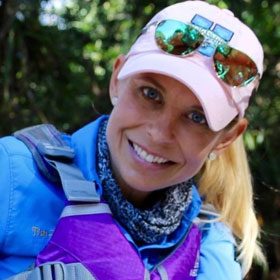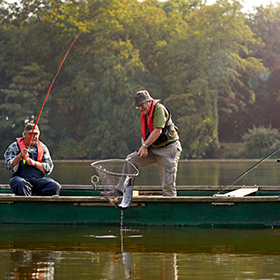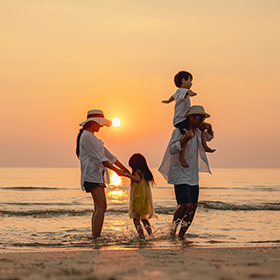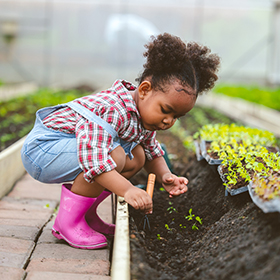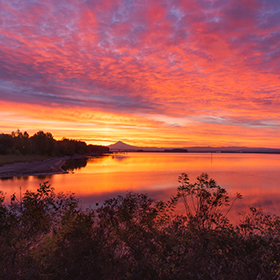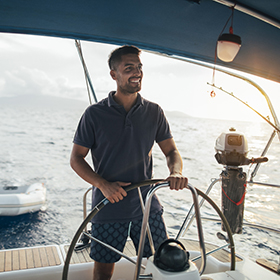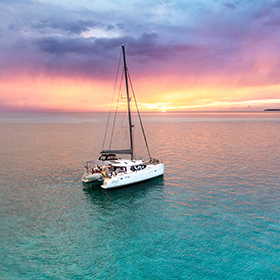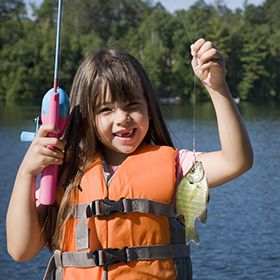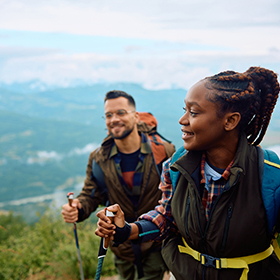Water conservation should be a priority for all anglers. Learn five ways to conserve water so that our aquatic eco-systems thrive for future generations.
Like most anglers, you probably spend a lot of time thinking about which areas you want to fish on your next trip out, or which fly will work best for bonefish. How much do you think about water conservation though? This is an even more important question to ask yourself because the way we treat our water resources now will play a large role in the future health of our recreational fisheries.
You already know that each state has regulations that help with fishing conservation efforts, but what about ways to conserve water that can further protect our eco-systems? The health of our aquatic eco-systems will always be directly linked to the way we care for our water resources. If you're not sure what this means to you, or how you can help with water conservation, consider doing these five things.
Here are five things you can do to help with water conservation:1. Ask questions about Conservation
Ask questions about the conservation of water resources in your state or local area and get involved. You can connect with relevant conservation groups and state agencies to learn more about current water conservation issues.
2. Participate in a Clean Up
Find out if there is a local beach or waterway clean up effort in your area and participate. Leave your boating and fishing spots cleaner than they were when you found them. When you take part in clean up efforts, you also set a positive example for others to do the same.
3. Practice Water Conservation at Home
Drought or reduced water supplies can result in unhealthy changes to aquatic eco-systems that may include fish mortality. For example, ask your local nursery about native plants that are drought-resistant and won't require extra water during dry conditions.
4. Learn about Aqualitc Invasive Species
Learn about and take action against the spread of aquatic invasive species. Find out how invasive species contribute to declines of numerous native plants and animals. Invasive species often have a negative impact on ecosystems, which usually brings along negative economic impacts. For example, the invasive lionfish is currently a marine conservation issue in the state of Florida.
5. Spread the Word
Learn more conservation and different ways you can help to conserve water and share the word on social media to your family and friends.
Of course, this doesn't mean that you should forget about the traditional ways to conserve water (such as fixing leaky faucets and turning off the tap). What it does mean is that you should be aware of the fact that there are other ways to help with conservation. Whether it's the purchase of your fishing license or the registration of your boat, do your part to play a more significant role in maintaining the health of our aquatic eco-systems.

